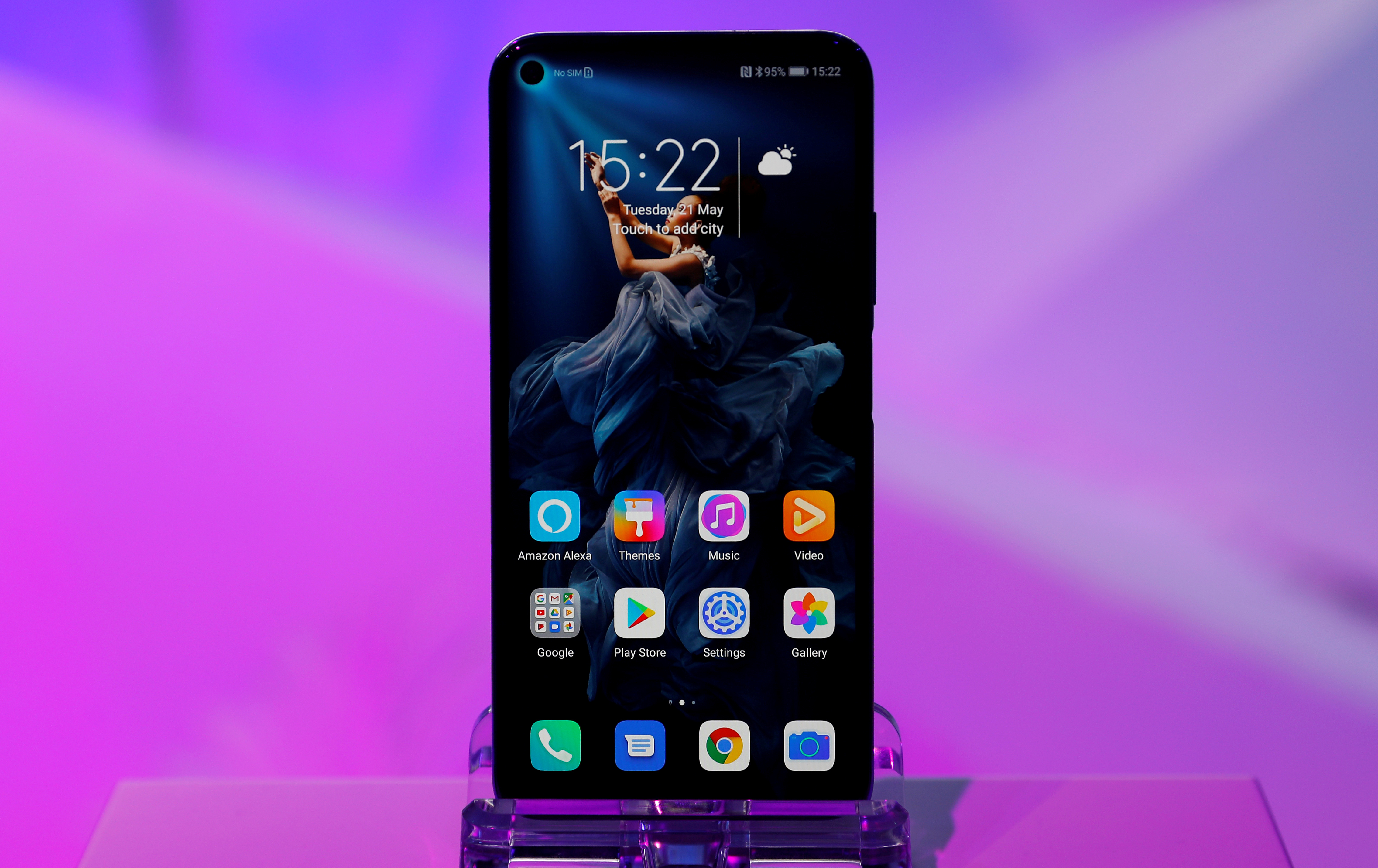- The world’s second-biggest smartphone maker, Huawei, is dropping Android.
- It’s a huge move in response to the United States effectively blacklisting Huawei from working with American companies – including Google, which makes Android.
- The new OS, codenamed “HongMeng,” is set to launch in June across millions of Huawei devices around the world.
- Visit Business Insider’s homepage for more stories.
In the wake of the United States government blocking Chinese smartphone giant Huawei from working with American companies, the firm is dropping Google’s Android operating system.
The move is expected to happen as soon as June, months before a temporary 90-day extension to the ban is scheduled to go into effect.
That’s according to Alaa Elshimy, the managing director and vice president at Huawei Enterprise Business Group Middle East, who spoke with Tech Radar. “We did not want to bring the OS to the market as we had a strong relationship with Google and others and did not want to ruin the relationship,” he said. “Now, we are rolling it out next month.”
A Huawei representative did not immediately respond to Business Insider’s request for comment.

It's a major move for Huawei.
The company has sold millions of Android-based smartphones all over the world. Switching the operating system of its smartphones is a massive, foundational shift for the world's second-largest smartphone maker - one that could push away millions of users who've gotten used to Google's ubiquitous OS.
Most importantly, losing Android means losing crucial Google services like Google Play (Google's app store) and Gmail.
Elshimy told Tech Radar that the new OS would support Android-based apps, and it will replace Google Play with its own "Huawei AppGallery" digital storefront. It's unlikely that Huawei's AppGallery will contain popular US-owned apps, like WhatsApp, Instagram, Facebook, or Snapchat.

Huawei faces significant challenges in bringing its own operating system to market - many others have failed, including Amazon with FireOS and BlackBerry.
Elshimy and Huawei realize this, and consider the rollout of HongMeng to be a contingency. "Huawei knew this was coming and was preparing," Elshimy said. "The OS was ready in January 2018 and this was our 'Plan B.'"
It's unclear if Huawei users who opt to stick with Android will receive future security updates.

